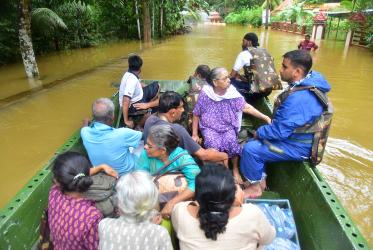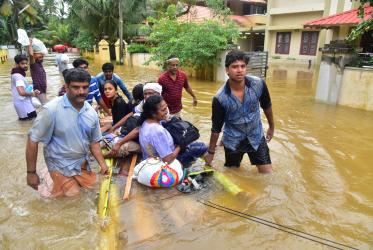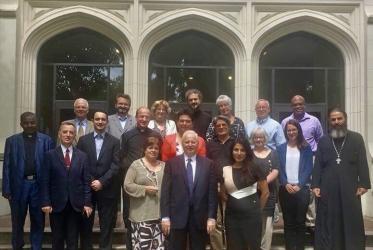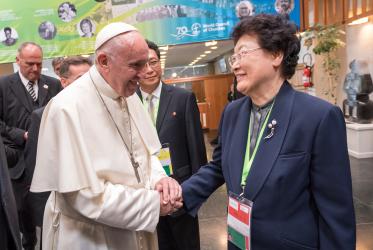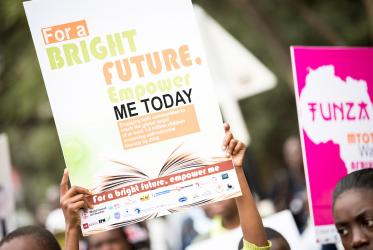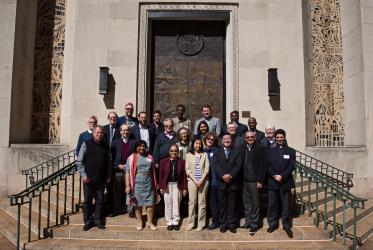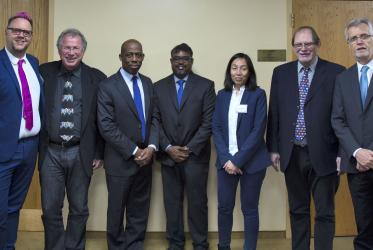Displaying 141 - 160 of 293
18 October 2018
How can you help refugees?
11 October 2018
WCC calls for prayer for flood-stricken Kerala, India
18 August 2018
WCC developing toolkit for health-promoting churches
02 August 2018
#WCC70: A prayer about health and healing
20 July 2018
Panel addresses economic and climate injustice
24 April 2018
New economic architecture focus of New York meeting
22 April 2018
At CSW62, “stories are the heartbeat”
21 March 2018
#WCC70: A story of how we meet together
02 February 2018
Asian church leaders exchange ideas on diaconia
19 December 2017


